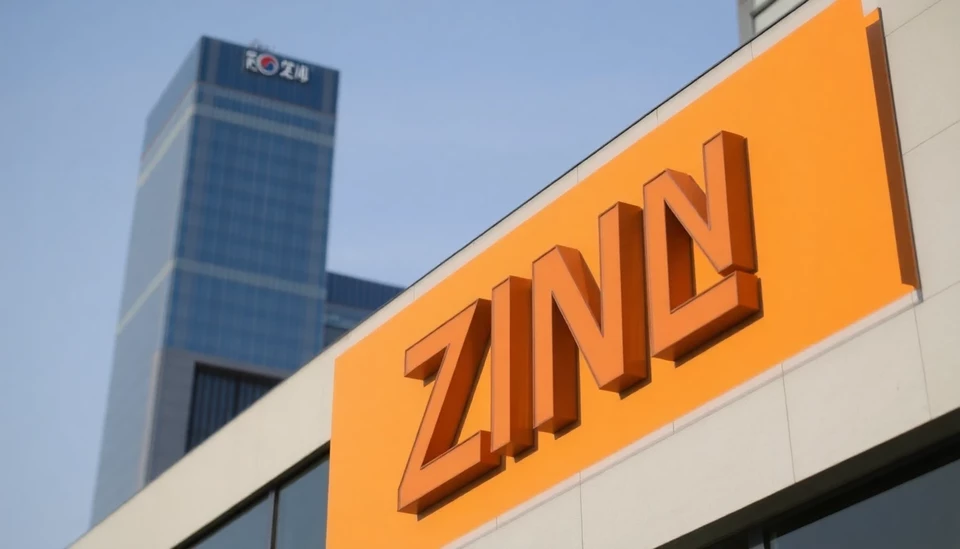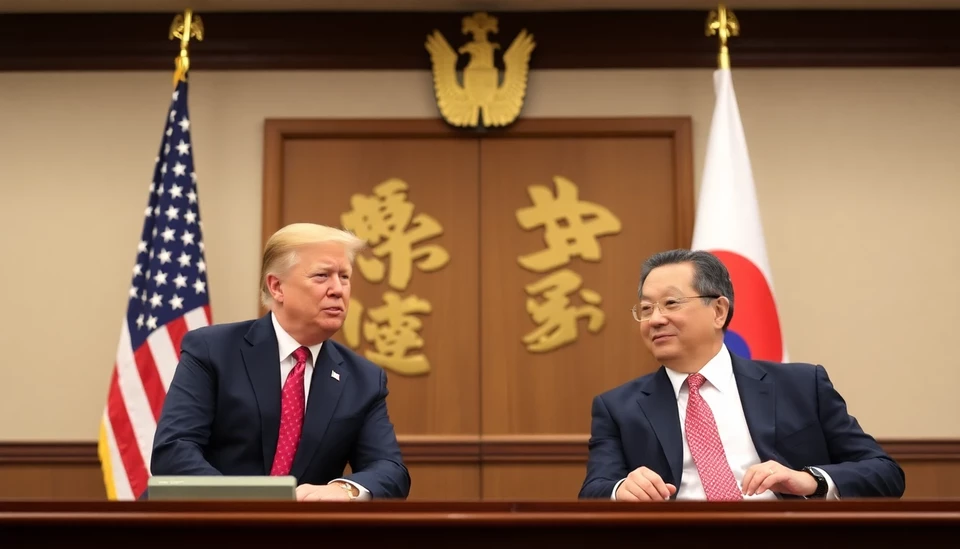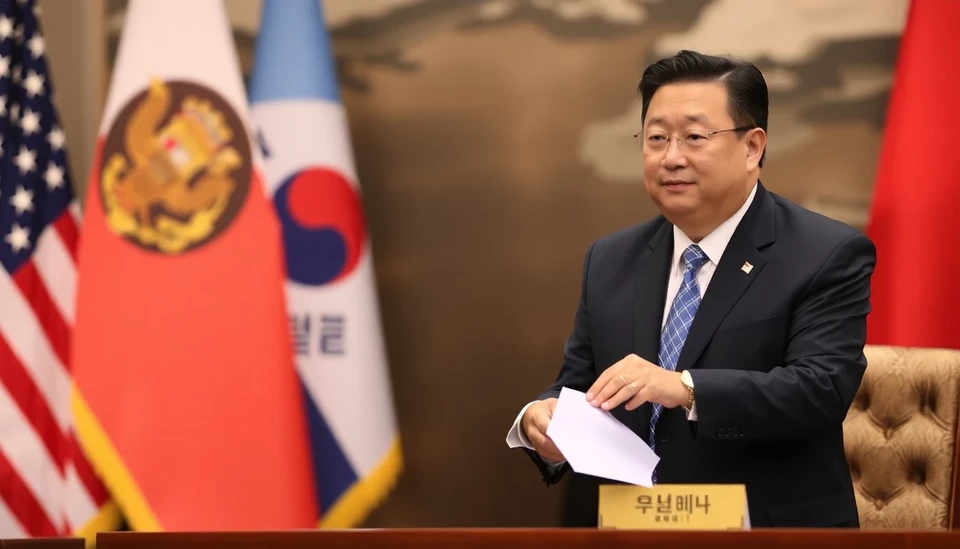
South Korea is currently grappling with a notable uptick in inflation rates, driven primarily by escalating costs of energy and food products. The latest data reflects an increase in the consumer price index, echoing concerns about the ongoing financial pressures affecting households across the nation.
According to the latest reports, consumer prices soared by 4.2% year-on-year in January, a significant climb compared to the previous month’s figures. This rise comes as a surprise to many, as inflation was anticipated to stabilize given the preceding trends. Analysts are now projecting that inflation in South Korea may continue to grow, with particular emphasis on how external factors, such as global market prices and domestic policies, will influence the economy moving forward.
The primary contributors to this inflation surge are linked to the increasing costs of essential commodities, notably energy and food. The report highlights that energy prices have surged significantly, with consumers feeling the crunch at gas stations and utility bills. Furthermore, food items like vegetables and meats have also witnessed dramatic price hikes, putting additional strain on household budgets.
Economists are expressing concerns that this inflationary trend could negatively impact consumer spending, which is crucial for the Korean economy's recovery post-pandemic. With households allocating a larger portion of their income to essential goods, discretionary spending may decline, which in turn could affect the overall economic growth and stability in South Korea.
Additionally, the Bank of Korea is under pressure to re-evaluate its monetary policy in light of these rising prices. Talks of potential interest rate adjustments are circulating, as the central bank aims to balance inflation control with economic growth. However, any movement on interest rates could have far-reaching implications for both businesses and consumers in the South Korean market.
As the government and financial institutions navigate these complex challenges, South Koreans are left to adapt to a changing economic landscape. Strategies for mitigating the impact of inflation may become a focal point in policy discussions, with hopes of safeguarding the purchasing power of consumers while maintaining economic vitality.
The situation remains dynamic, and stakeholders across various sectors are closely monitoring inflation trends, seeking solutions that foster stability for both the economy and the populace in the uncertain times ahead.
In summary, South Korea is currently experiencing heightened inflation rates predominantly driven by energy and food costs, with implications for consumer behavior and policymakers alike, highlighting the need for proactive measures in the face of economic challenges.
#SouthKorea #Inflation #Economy #EnergyPrices #FoodPrices #ConsumerSpending #BankofKorea #EconomicPolicy #MarketTrends
Author: Daniel Foster




